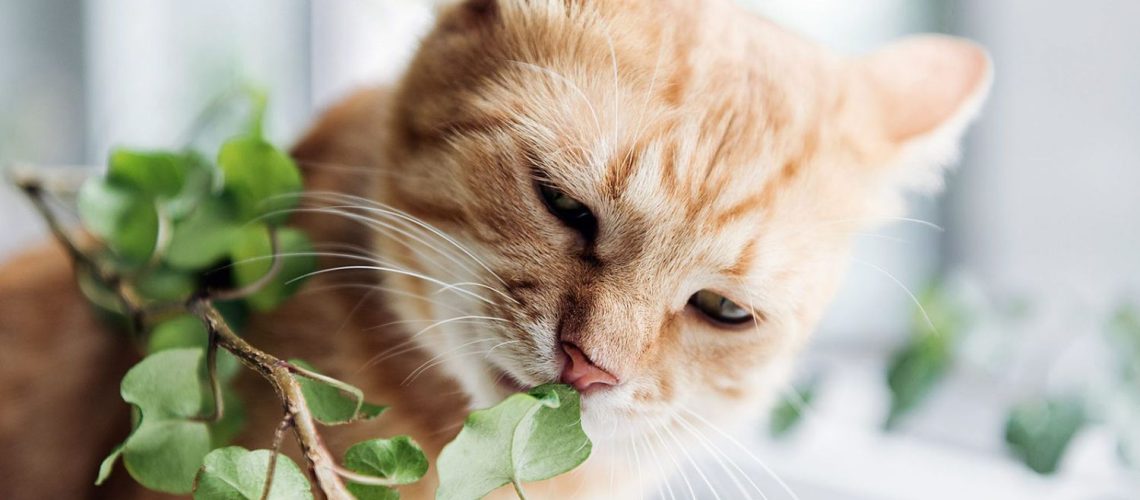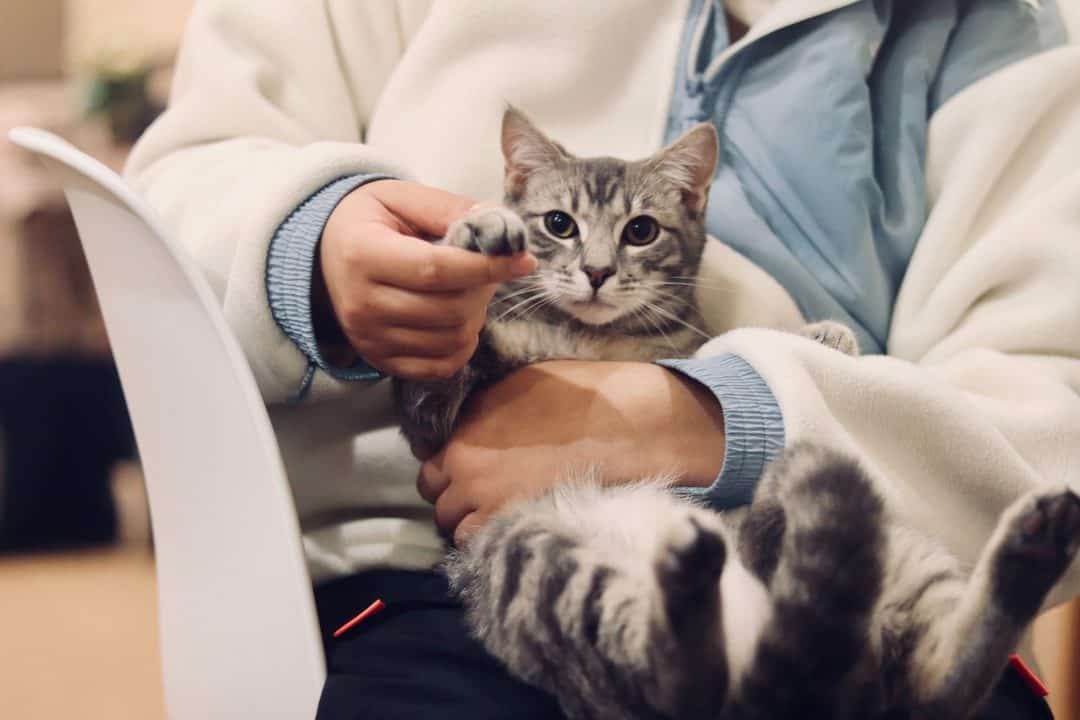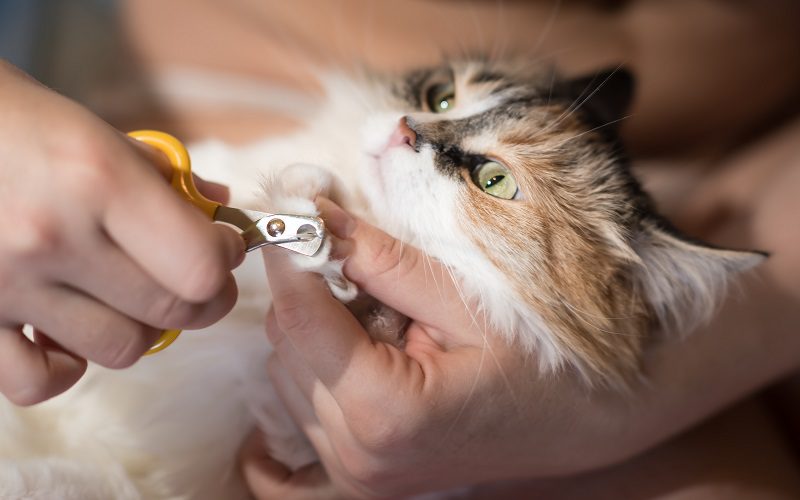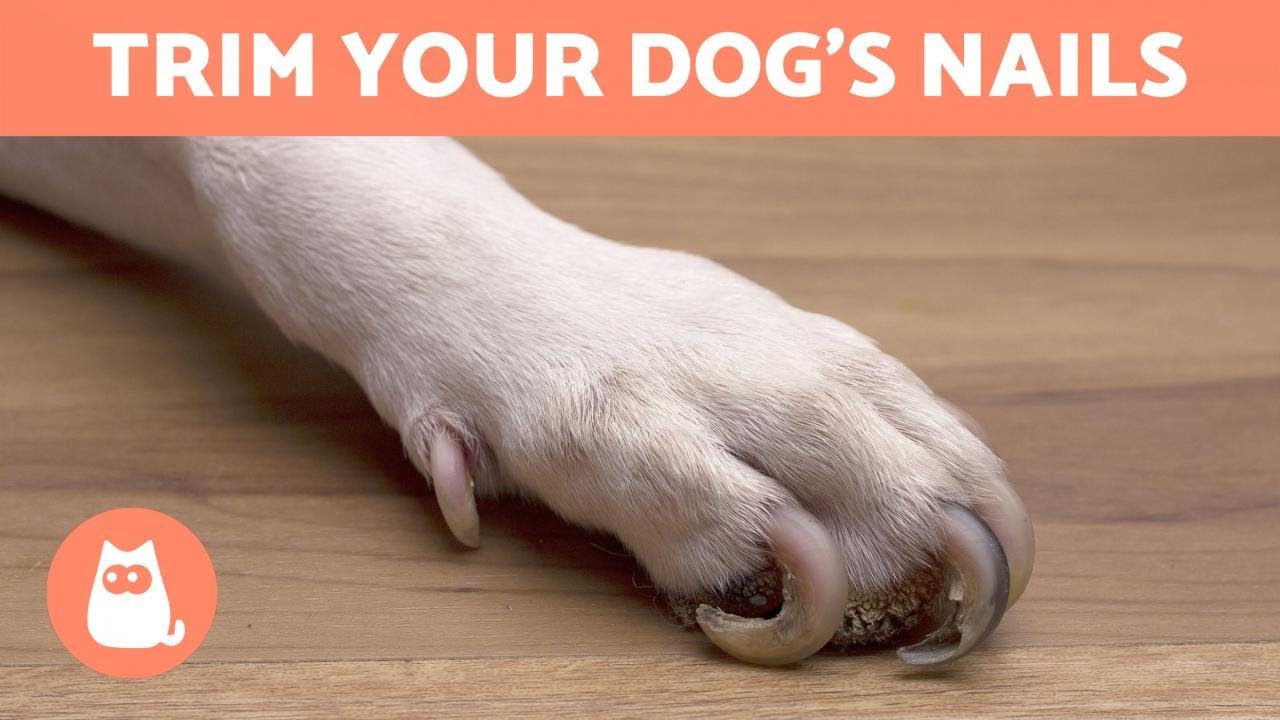Discover the essential needs of cats - both physical and emotional. Learn how to provide proper care, from food and water to love and mental stimulation.
Key Takeaways:
- Regular veterinary check-ups are essential for maintaining a cat's health and preventing potential illnesses.
- Providing a balanced diet and ensuring access to fresh water is crucial for a cat's overall well-being.
- Cats require mental stimulation through playtime and interactive toys to prevent boredom and behavioral issues.
- Maintaining proper hygiene by regularly grooming your cat, including brushing their fur and trimming their nails, is important for their comfort and cleanliness.
- Creating a safe environment indoors, free from hazards such as toxic plants or open windows, is essential to ensure the safety of your cat.
The Basic Needs of a Cat: What You Should Know
Providing for Your Cat's Physical and Emotional Needs
When it comes to taking care of your cat, it's important to understand their basic needs. Cats require both physical and emotional care to thrive. Physically, cats need food, water, shelter, and regular veterinary check-ups. Emotionally, cats need love, attention, and mental stimulation.
To meet your cat's physical needs, make sure you provide them with high-quality cat food that is appropriate for their age and health condition. Cats are obligate carnivores, which means they need a diet rich in animal protein. It's best to feed your cat a balanced diet of wet and dry food to ensure they get all the necessary nutrients.
In addition to food, always have fresh water available for your cat. Cats can be picky about their water source, so try using a pet fountain or providing multiple bowls of water in different locations around the house. This will encourage your cat to drink more water and stay hydrated.
For shelter, provide your cat with a comfortable bed or blanket in a quiet area of the house where they can retreat when they want some alone time. Make sure the litter box is easily accessible and kept clean at all times.
Meeting Your Cat's Emotional Needs
Cats also have emotional needs that should not be overlooked. They require social interaction and mental stimulation to prevent boredom and behavioral problems.
Spend quality time with your cat by playing games together using toys like feather wands or laser pointers. This will keep them physically active while also providing mental stimulation as they chase and pounce on the toy.
Cats also enjoy climbing and exploring their environment. Consider getting a scratching post or a cat tree that they can climb and perch on. This will satisfy their natural instinct to climb and provide them with a sense of security.
Finally, don't forget to give your cat plenty of love and affection. Cats are social animals and enjoy being petted and cuddled. Spend time grooming your cat by brushing their fur, which not only keeps them clean but also strengthens the bond between you.
By meeting both the physical and emotional needs of your cat, you can ensure that they lead a happy and healthy life.
Feeding Your Cat: How Often and What to Feed Them
How often should you feed your cat?
It is important to establish a regular feeding schedule for your cat. Most adult cats should be fed two meals a day, while kittens may require more frequent feedings. By sticking to a consistent schedule, you can help regulate your cat's digestion and prevent overeating.
What should you feed your cat?
Cats are obligate carnivores, which means their diet should primarily consist of meat. Look for high-quality commercial cat food that lists a source of animal protein as the first ingredient. Avoid foods with excessive fillers or artificial additives. If you prefer to provide homemade meals for your cat, consult with a veterinarian or feline nutritionist to ensure they are receiving all the necessary nutrients.
Tips for transitioning your cat's diet:
- Introduce new foods gradually by mixing them with their current food.
- Monitor your cat's response to the new diet and make adjustments as needed.
- Avoid sudden changes in diet, as this can lead to digestive upset.
The Importance of Fresh Water for Your Cat's Health
Fresh water is essential for maintaining your cat's overall health and well-being. Cats have a low thirst drive compared to other animals, so it is important to provide clean and accessible water at all times.
How much water does your cat need?
The amount of water your cat needs can vary depending on factors such as their age, size, activity level, and diet. As a general guideline, cats should consume approximately 1 ounce of water per pound of body weight per day. However, this can vary, so it is important to monitor your cat's water intake and consult with a veterinarian if you have concerns.
Tips for encouraging your cat to drink more water:
- Provide multiple sources of water throughout your home.
- Consider using a pet fountain, as some cats prefer running water.
- Ensure the water bowl is clean and refreshed regularly.
Signs That Your Cat May be Sick and Need Medical Attention
As a responsible cat owner, it is important to be aware of the signs that may indicate your cat is sick or in need of medical attention. Cats are masters at hiding illness, so it is crucial to pay attention to any changes in their behavior or appearance.
Common signs of illness in cats:
- Loss of appetite or sudden weight loss
- Lethargy or decreased activity level
- Vomiting or diarrhea
- Increase or decrease in thirst and urination
- Coughing, sneezing, or difficulty breathing
- Changes in litter box habits
If you notice any of these signs, it is important to consult with a veterinarian as soon as possible. Early detection and treatment can greatly improve your cat's prognosis.
Creating a Safe and Comfortable Home Environment for Your Cat
Your home should be a safe haven for your cat where they can feel secure and comfortable. Creating an environment that meets their physical and emotional needs is essential for their overall well-being.
Tips for creating a cat-friendly home:
- Provide vertical spaces such as cat trees or shelves for climbing and perching.
- Create designated scratching areas to prevent damage to furniture.
- Offer hiding spots or cozy beds for your cat to retreat to.
- Ensure there are no toxic plants or substances accessible to your cat.
- Keep small objects, cords, and chemicals out of reach to prevent accidents.
Grooming Practices to Keep Your Cat Clean and Healthy
Grooming is an important aspect of caring for your cat's physical health. Regular grooming sessions can help keep their coat clean, reduce shedding, and prevent the formation of mats or tangles.
Tips for grooming your cat:
- Brush your cat's coat regularly to remove loose hair and prevent matting.
- Trim their nails every few weeks to prevent them from becoming too long or sharp.
- Clean their ears with a veterinarian-approved ear cleaner if necessary.
- Check their teeth and gums regularly for signs of dental issues.
If you are unsure about how to properly groom your cat, consult with a professional groomer or veterinarian for guidance. They can provide demonstrations and offer advice specific to your cat's needs.
The Importance of Playtime for Your Cat's Well-being
Playtime is not just a form of entertainment for cats; it is also crucial for their physical and mental well-being. Regular play sessions can help keep your cat active, stimulate their natural hunting instincts, and prevent behavioral issues caused by boredom or excess energy.
Tips for engaging in playtime with your cat:
- Provide a variety of toys that mimic prey, such as interactive puzzle toys or feather wands.
- Rotate toys regularly to keep them interesting and prevent boredom.
- Engage in interactive play sessions with your cat using toys or laser pointers.
- Set aside dedicated playtime each day to ensure your cat gets enough exercise and mental stimulation.
Keeping the Litter Box Clean and Odor-Free for Your Cat
A clean litter box is essential for your cat's comfort and hygiene. Cats are naturally clean animals, and an unclean litter box can lead to stress, avoidance, or even health issues.
Tips for maintaining a clean litter box:
- Scoop the litter box at least once a day to remove waste.
- Replace the litter entirely on a regular basis, following the manufacturer's recommendations.
- Use unscented litter to avoid overwhelming your cat's sensitive sense of smell.
- Provide multiple litter boxes if you have multiple cats in your household.
If your cat starts exhibiting litter box aversion or there are sudden changes in their bathroom habits, consult with a veterinarian to rule out any underlying medical conditions.
Bonding with Your Cat: Building a Strong Relationship through Care and Attention
Bonding with your cat is not only enjoyable but also crucial for building trust and strengthening your relationship. By providing love, care, and attention, you can create a deep bond that will benefit both you and your feline companion.
Tips for bonding with your cat:
- Spend quality time with your cat through gentle petting and grooming sessions.
- Engage in interactive playtime to build trust and create positive associations.
- Talk to your cat in a soothing voice and offer praise or treats for good behavior.
- Respect your cat's boundaries and allow them to initiate physical contact.
Remember, building a strong bond takes time and patience. Each cat is unique, so it is important to understand their individual preferences and needs.
| Conclusion | |
| 1. | Make sure your cat has a balanced diet and access to fresh water at all times. |
| 2. | Groom your cat regularly to keep its coat healthy and prevent matting. |
| 3. | Provide your cat with plenty of mental and physical stimulation through play and interactive toys. |
What do indoor cats need to be happy?
Numerous cats find companionship with other pets enjoyable! Engaging in play, chasing, as well as mutual grooming and snuggling can meet the exercise, companionship, and affection needs of your indoor cat while you are not present.
How many hours should you take care of a cat?
The majority of cats are completely fine being left by themselves for up to 8 hours while you are at work. As long as they have access to fresh water, some cats can even be left alone for up to 24 hours. However, longer or more frequent periods of time away, such as full days or nights away from home, can be more unsettling for them.
How long can you leave a cat alone?
A fully-grown and healthy cat can be left alone for a day without any issues, but it's important to never leave a young kitten alone for a long period of time. For kittens between the ages of one to three months, it is recommended to not leave them alone for more than four hours at a time. As they grow older, a five-month-old kitten can be left alone for slightly longer periods, and a six-month-old kitten can be left alone for the duration of a workday.
How many times should a cat eat a day?
"Cats typically thrive on a feeding schedule of twice a day from the age of six months until they reach maturity. Once they become adults at around one year, feeding them once or twice a day is generally recommended. Senior cats, aged seven and older, should continue with the same feeding routine."
Do cats need baths?
Typically, cats are able to keep themselves clean and do not require baths. Cats generally do not enjoy being in water or getting wet, so it is not recommended to bathe your cat unless there is a specific reason to do so. One such reason would be if your cat's fur is heavily infested with fleas.
How can you tell if a cat likes you?
There are multiple indicators that indicate a cat's affection towards you, such as purring, following you, grooming you, cuddling with you, and showing you their bellies. By observing your cat's body language and behavior, you can understand their emotions in various situations, allowing you to determine if they genuinely love you.

















